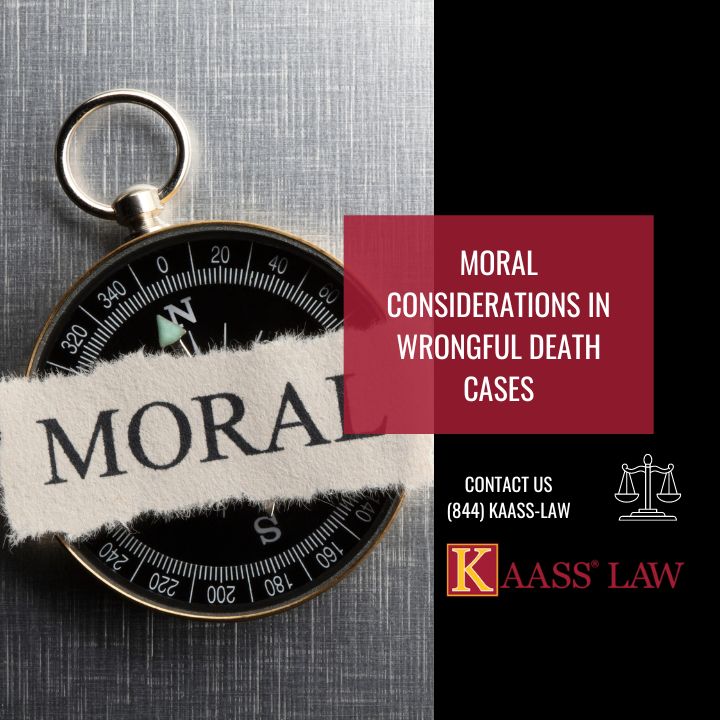Few situations in the world of law are as emotionally charged and ethically challenging as wrongful death lawsuits. These tragic events involve the loss of a loved one as a result of another person’s carelessness, malfeasance, or misbehavior. Beyond the legal complexities, wrongful death cases bring up important moral issues that test our conceptions of justice, accountability, and compassion. We examine the moral implications of wrongful death cases in this article. As well as, how they affect the legal system and society at large.
The Significance of Human Life and Moral Considerations
What is the value of human life? is the central issue in every wrongful death lawsuit. While courts may determine monetary damages based on lost wages, medical costs, and emotional suffering, these sums scarcely reflect the full value of a person’s life. When attempting to put a number on the incalculable emotional and cultural effects of the person’s absence, a moral conundrum appears. This makes us consider the fundamental worth and dignity of every human person. Also, prompts us to wonder if justice can genuinely be achieved by monetary compensation alone.
Keeping Forgiveness and Accountability in Check for Moral Considerations
The tension between holding the person responsible for the death accountable and allowing room for forgiveness is one of the moral forks that arise in wrongful death situations. Families who are mourning a loved one frequently feel a complicated mix of rage, grief, and the need for justice. Therefore, the judicial system is relied upon by society as a whole to make sure that wrongdoers are made to answer for their deeds. The pursuit of punitive measures, however, might occasionally impede the healing process for both parties. This raises the ethical concern of whether a focus on accountability should be moderated with chances for rapprochement and personal development.
Moral Importance of Carelessness vs. Intent
Cases of wrongful death cover a broad range of situations, from terrible accidents to malicious harm. Whether negligence or an intentional act was a cause, a fatality has a substantial impact on moral issues. While intentional harm implies a deliberate choice to harm, negligence may result from a brief loss of attention or care. To direct the judicial response and influence public opinion, determining the level of moral culpability becomes essential. Society frequently struggles to strike a balance between accepting human frailty and decrying malice.
Social Accountability and Protective Actions
Morally society as a whole needs to draw lessons from wrongful death cases and take precautions to lessen the risk of repeat disasters. These steps can include everything from strengthened safety rules and instruction to more aggressive awareness efforts. Society accepts the moral considerations to defend and preserve human life by addressing systemic problems that lead to unjust deaths. However, these initiatives can also spark debates over individual vs. collective responsibility, highlighting the issue of how much one person’s activities affect society as a whole.
Problems with Settlements’ Ethics
The parties in many wrongful death lawsuits may decide to reach an out-of-court settlement rather than go to trial. Settlements can speed up resolution times and ease the emotional strain, but they can also raise moral considerations. In other cases, settling entails giving up the chance to create a legal precedent or declare wrongdoing in the open. This dynamic raises the moral trade-offs between seeking personal closure and the greater cause of justice.
Contact Attorney Today
Wrongful death cases trigger intricate moral considerations regarding justice, accountability, and empathy. Amid legal complexities, it’s vital to recognize grieving families seeking closure. Balancing legal redress with moral considerations hinges on fostering a society that values life and compassion, to better navigate the complexities of these cases.
You can contact us at 310.943.1171 or visit the website for other practices.

